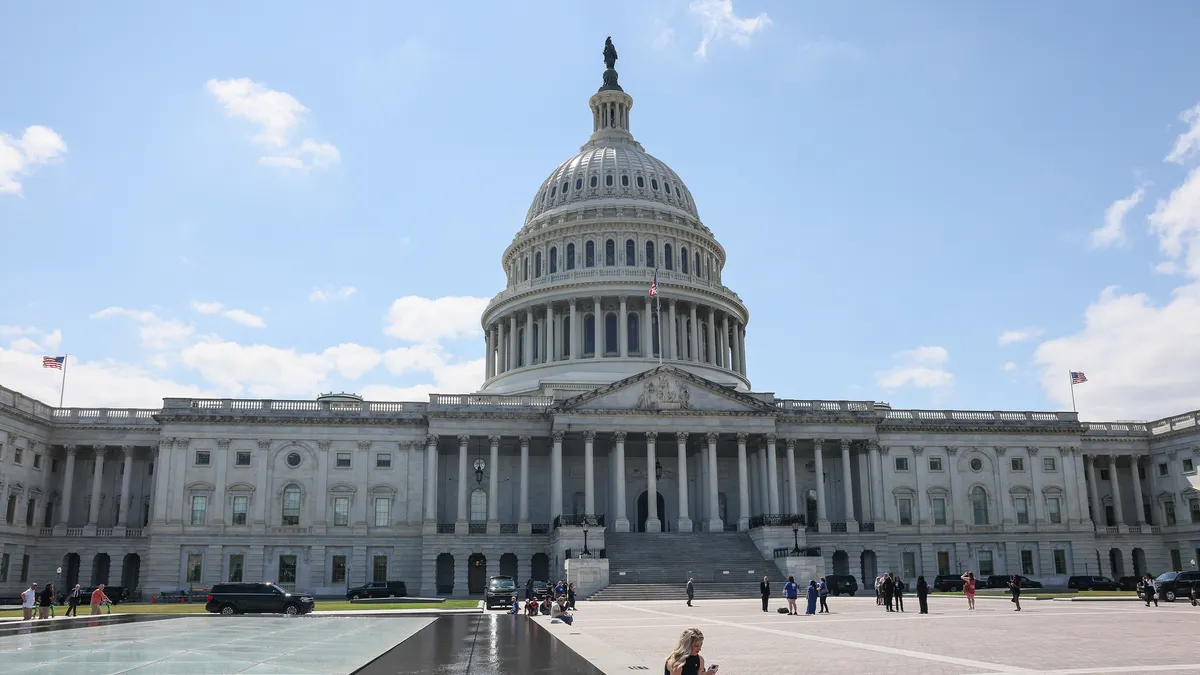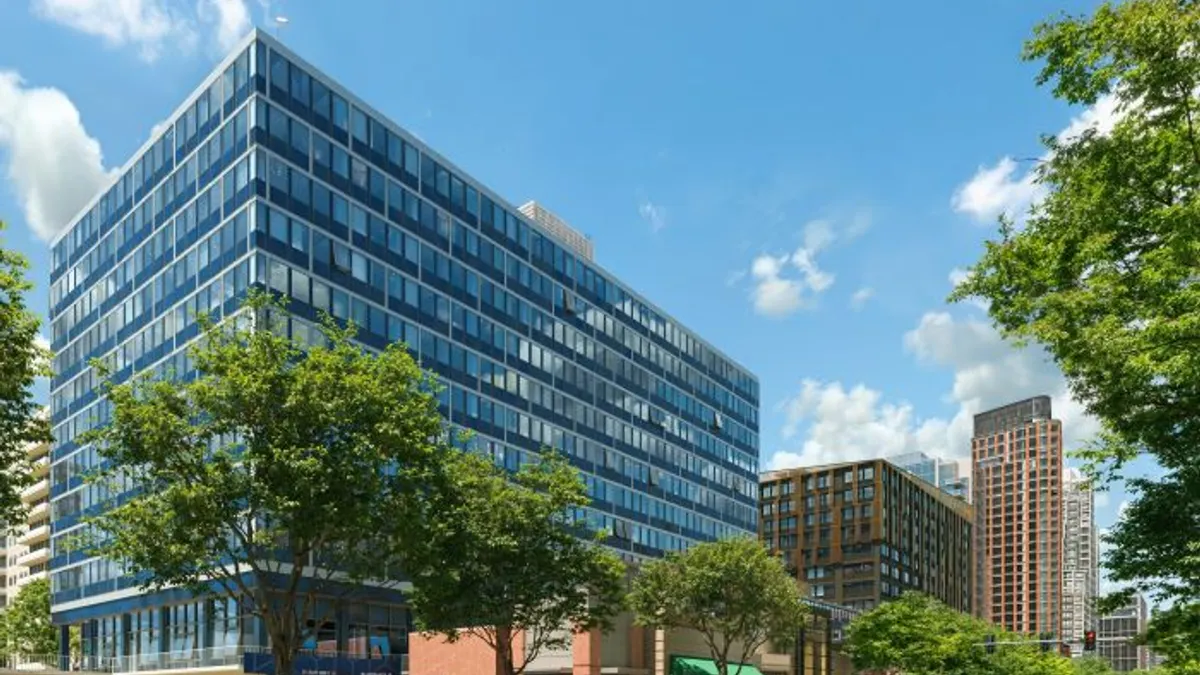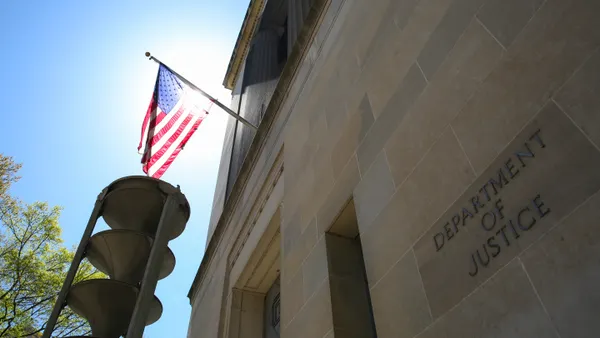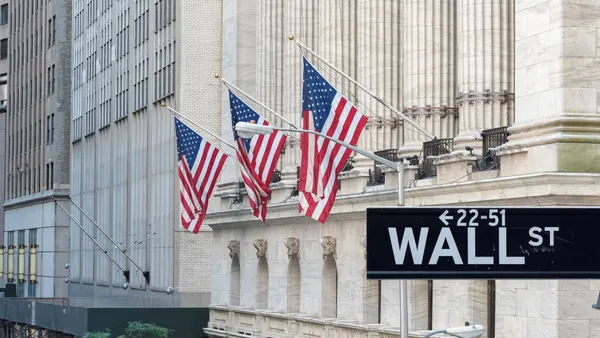A number of prominent issues affecting the multifamily industry — including rent control, fees and antitrust concerns — have been subject to increasing levels of legal and legislative action over the past year, according to panelists at the National Apartment Association’s Apartmentalize Conference in Philadelphia earlier this month.
“The industry is not feeling the love,” said Ayiesha Beverly, general counsel for the National Apartment Association.
2020 and 2021 saw a sharp drop in multifamily-related legal proceedings relative to 2019, down from over 425,000 to under 250,000, owing to COVID-19 lockdowns that affected courts nationwide. However, numbers have rebounded in recent years, with well over 100,000 cases filed so far in 2024. Florida leads the nation in state court multifamily actions, followed by Georgia and Virginia, according to the NAA.
While the majority of these cases are related to evictions, ejections or unlawful detainers, some have far-reaching implications depending on their final judgments.
Two separate lawsuits related to New York’s rent control laws — one alleging a hardship due to limits on rents, another about difficulties in reclaiming a unit for personal use — are still pending review by the Supreme Court. However, Beverly noted that Judge Clarence Thomas has stated that New York’s rent control constitutionality “should be addressed in an appropriate future case.”
Federal outlook
On the regulatory side, the NAA continues to focus on three pieces of multifamily-related federal legislation:
- S. 3755/H.R. 802, “The Respect State Housing Laws Act,” which would repeal the CARES Act — a requirement that housing providers must give 30 days’ notice of an eviction.
- S. 1688/H.R. 3507, “The Yes In My Back Yard Act,” meant to remove local barriers to housing development.
- S. 32/HR. 4606, “The Choice in Affordable Housing Act,” which would reform the Section 8 program in order to encourage landlord participation.
Beyond this, both state and federal legislation related to the landlord-tenant relationship has kicked into high gear since the Biden administration unveiled its Renters Bill of Rights, a trend that continues into 2024, according to Nicole Upano, assistant vice president of housing policy and regulatory affairs at NAA.
“Expect unprecedented regulatory activity to continue leading into the election,” Upano told attendees.
Other concerns
Antitrust concerns are also a recent and rising legal issue in multifamily operations. While the presentation did not name specific cases, renters and attorneys general have filed over 30 lawsuits against Yardi, RealPage and assorted multifamily providers in state and federal courts since late 2022, alleging that the price-setting software the companies provide or use enables competitors to collude on rent prices. RealPage is also the subject of a criminal investigation by the Department of Justice and state attorney generals.
Beverly encouraged attendees to develop an antitrust program within their companies if they hadn’t already, and to seek experienced antitrust counsel in order to review existing practices. She also noted that the Federal Trade Commission has released guidance regarding the use of algorithms in housing.
The FTC’s proposed rule on junk fees is also still in play, and 19 attorneys general have filed a comment letter in support of the rule. In Congress, two active bills — the Preventing Algorithmic Collusion Act of 2024 and Preventing the Algorithmic Facilitation of Rental Housing Cartels Act of 2024 — aim to address antitrust concerns by regulating the use of revenue management software.
Another, known as the Fair Future Act, would eliminate the “Thurmond Amendment” from the Fair Housing Act, which allows housing providers to deny tenancy based on drug distribution or manufacturing convictions. While Upano does not believe this bill has avenues for passage through Congress, she said that it could indicate the direction of future federal policy.
Editor’s note: This story has been updated with correct information about the Department of Justice investigation and the New York cases pending before the Supreme Court.












